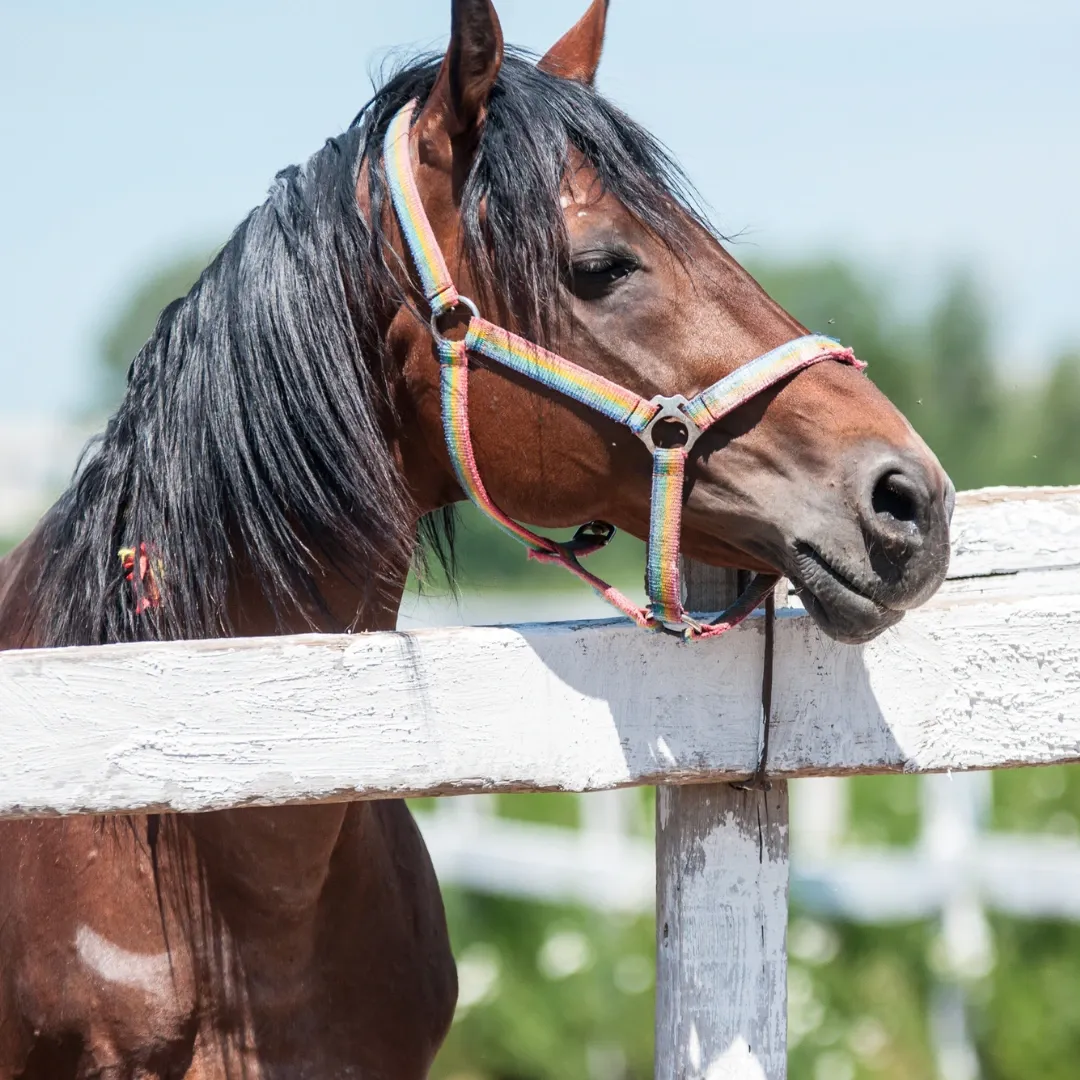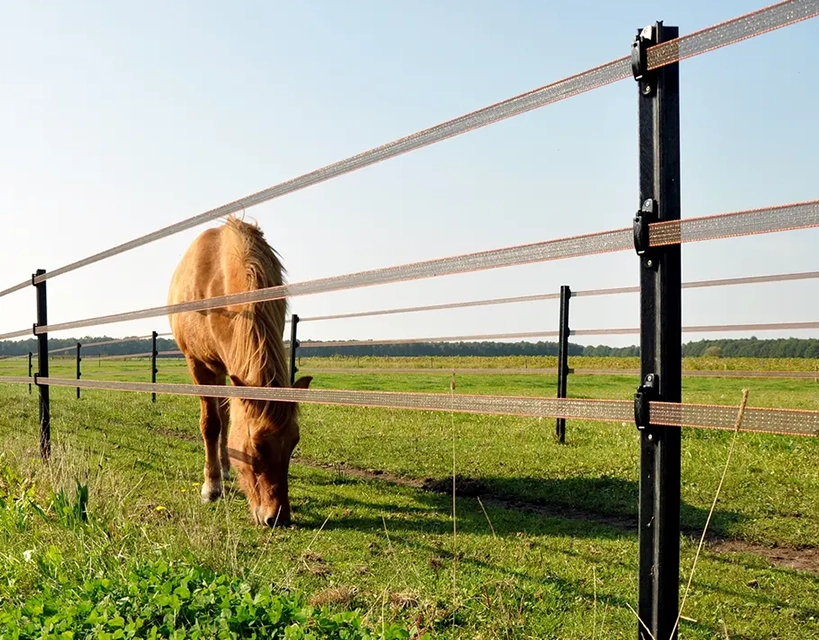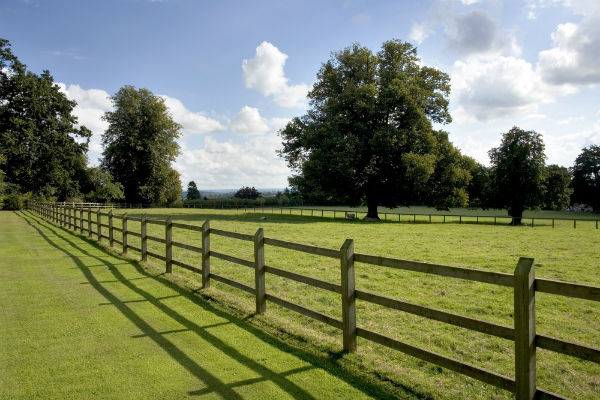The Ultimate Guide to Horse Fencing

When it comes to keeping your horses safe and secure, choosing the right fencing is crucial. This guide covers everything you need to know about horse fencing, from types and materials to installation tips and maintenance.
Why Proper Horse Fencing Matters

Horse fencing is not just about containment; it’s about safety, durability, and visibility. Horses are large, strong animals that can injure themselves on inappropriate fencing. The right fence prevents escapes, reduces injury risk, and withstands weather and wear.
Types of Horse Fencing
| Type | Description | Pros | Cons | Typical Cost (per foot) |
|---|---|---|---|---|
| Wood | Traditional, natural look | Strong, visible, safe | Requires maintenance, can rot | $10 – $30 |
| Vinyl | Durable synthetic material | Low maintenance, weatherproof | Can be expensive | $15 – $35 |
| Electric | Uses electric current to deter horses | Cost-effective, flexible | Requires power source, less visible | $1 – $5 |
| Wire (woven or mesh) | Metal wire fencing, often with visibility strips | Durable, good visibility | Can cause injury if not maintained | $1 – $10 |
Key Features to Consider
- Visibility: Horses need to see the fence clearly to avoid running into it.
- Strength: The fence must withstand pressure from horses leaning or kicking.
- Safety: Avoid sharp edges or materials that can cause injury.
- Maintenance: Consider how much upkeep the fence will require.
Installation Tips
- Plan your layout carefully: Measure your pasture and plan gate locations.
- Prepare the ground: Clear debris and level the area.
- Use sturdy posts: Set posts deep enough for stability.
- Check local regulations: Some areas have fencing codes.
Maintenance and Repair
Regularly inspect your fence for damage, loose posts, or broken wires. Prompt repairs prevent accidents and escapes.
Frequently Asked Questions (FAQ)
Q1: What is the safest type of horse fencing?
A1: Wood and vinyl fences are generally considered safest due to their visibility and smooth surfaces.
Q2: How high should horse fencing be?
A2: Typically, fencing should be at least 4.5 to 5 feet high to prevent horses from jumping over.
Q3: Can electric fencing be used for horses?
A3: Yes, but it should be combined with visible materials to prevent accidental collisions.
Q4: How often should horse fencing be inspected?
A4: Inspect fences monthly and after severe weather events.
Choosing the right horse fencing is essential for the safety and well-being of your horses. By understanding the types, features, and maintenance needs, you can make an informed decision that suits your property and your horses’ needs.
